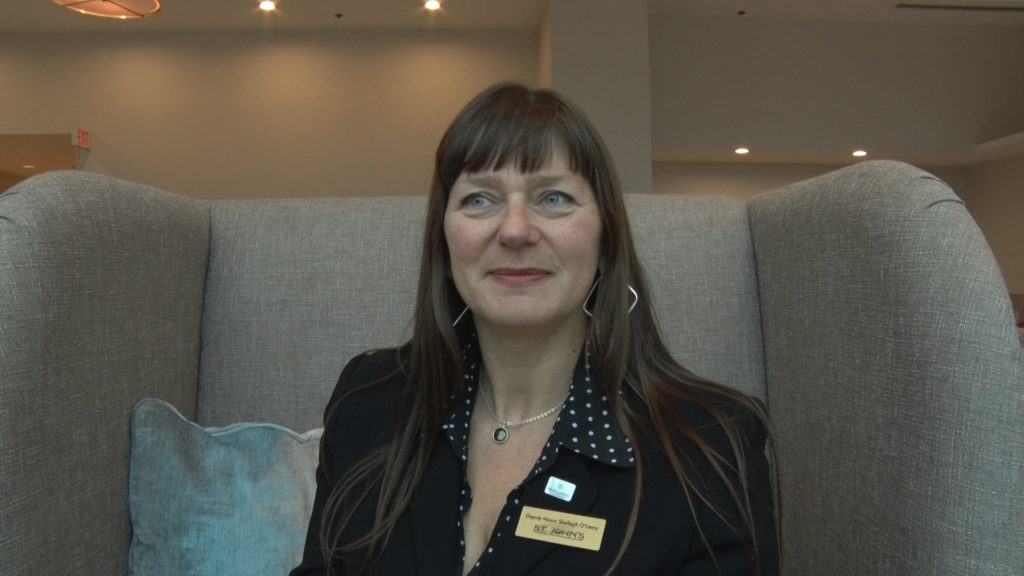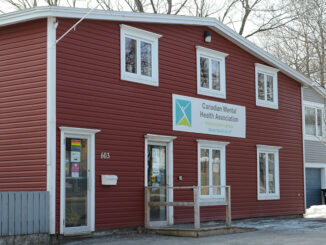In the aftermath of St. John’s declaring climate change an emergency, the deputy mayor and a local scientist put forward ideas on what the city can do next.
Nick Travis
Kicker

On Nov. 4, St. John’s city council unanimously passed a motion to recognize climate change as an emergency. With the city’s sights set on making a difference, many people are wondering what the next step is for St. John’s.
Deputy mayor Sheilagh O’Leary believes a good first step is to reduce St. John’s overall fuel consumption.
“Our ability to decrease our fuel consumption is one of the number one things that will certainly decrease our carbon footprint as a municipality,” said O’Leary.
During an interview with CBC, Coun. Ian Froude said St. John’s is looking to make a plan to reduce carbon emissions locally. The plan intends to set emission targets for 2030 and 2050.
Tahir Husain, the associate dean for Memorial University’s engineering program, thinks St. John’s should be looking to its waste water as a source of energy. When organic matter such as waste water decomposes in a place deprived of oxygen, it releases methane gas. The byproduct, according to Husain, could be burned and used as an energy source.
“That methane gas should be collected, and should be re-used as a biogas for different uses,” said Husain.
Methane gas has 25 times the warming potential as a greenhouse gas compared to carbon dioxide, according to climatechange.lta.org.
Husain says burning methane converts it into carbon dioxide, severely reducing its warming potential while also producing energy.
“One of the plans that I certainly hope to continue in my role on council is to ensure we do a much more aggressive urban forest planting program.”
-Sheilagh O’Leary
O’Leary also personally believes urban forestation is a step that St. John’s should take to reduce its carbon footprint by carbon sequestration, which is the act of removing carbon from the atmosphere and storing it.
“I’ve been a huge advocate of continuing and proliferating urban forests,” said O’Leary.
An urban forest is a concentration of trees and shrubs within the boundaries of a municipality.
“We’ve seen developments that have done clear cutting in certain areas of our city. So with the lens of thinking global and acting local, one of the key issues is about carbon sequestration that happens as a result of having a strong urban forest. So one of the plans that I certainly hope to continue in my role on council is to ensure we do a much more aggressive urban forest planting program.”
“We need to improve energy efficiency.”
-Tahir Husain
Another thing that St. John’s can do to reduce its emissions, according to Husain, is to invest in energy efficient housing. Currently, Newfoundland Power has a program available for low-income housing where they provide grants of up to $5,000 for the purposes of adding insulation and air-sealing homes. They also offer grants to home owners and renters.
During the federal election, the Liberals promised a program offering up to $40,000 in interest free loans for energy efficient upgrades.
“Again, everything is related to economics,” said Husain. “You have to have more resources to improve it.”
[embedyt] https://www.youtube.com/watch?v=MXOmJBl6HGM[/embedyt]




Be the first to comment